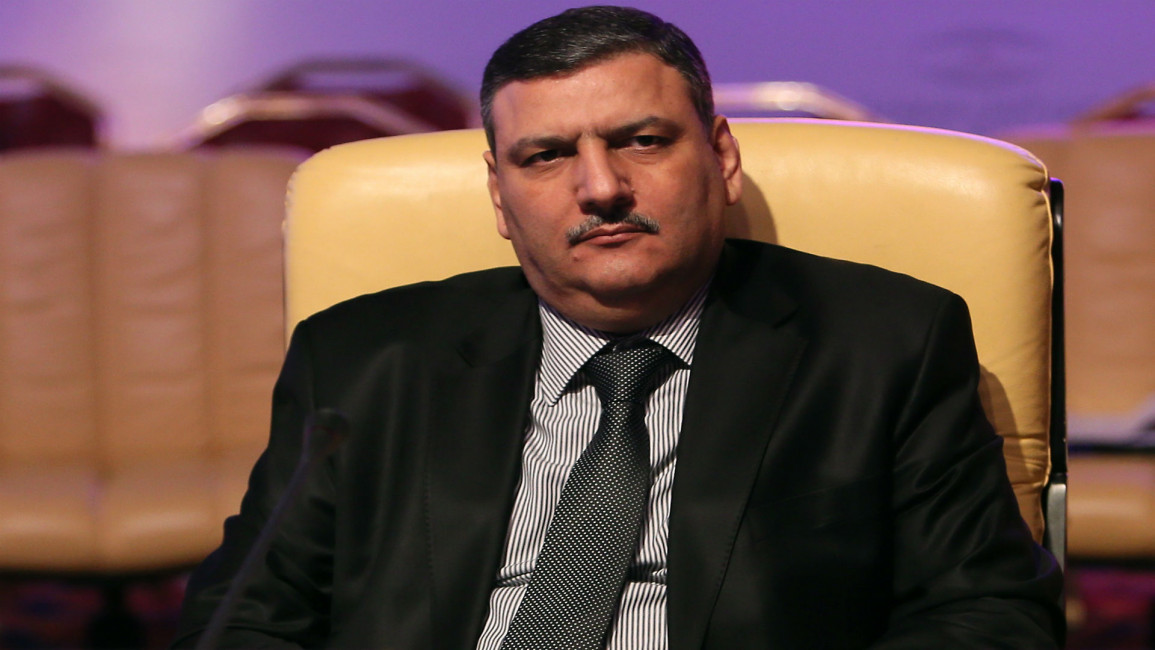Syrian opposition hints it will attend Geneva talks
The Syrian opposition's High Negotiation Council hinted that it would attend the Geneva peace talks set for 29 January.
In a statement released on Tuesday evening the council said it viewed participation in the talks "positivity" in order to start the political process to end the Syrian crisis.
The council's statement added that it has asked the UN special envoy to Syria, Staffan De Mistura, to clarify a number of points in the invitation to talks.
The High Negotiation Council also stressed the need to separate the negotiation process from the dire humanitarian situation in Syrian that needs to be addressed urgently.
The opposition's statement comes hours after De Mistura sent out invitations to the Syrian regime and the opposition to attend talks that have been delayed by disagreements amongst the sponsors and participants.
Opposition figures held extensive talks on Tuesday in the Saudi capital Riyadh to decide whether or not to attend the talks.
Many in the opposition believe the talks have already been tipped in the favour of the Syrian regime.
Opposition figures accused US Secretary of State John Kerry of carrying "clear dictates from Russia and Iran" after a meeting between Kerry and the opposition's chief negotiator Riad Hijab in the Saudi capital on Saturday.
However, senior opposition member Salem Musallat told The New Arab that the opposition's discussion about participation were positive on Saturday and the High Negotiation Council intends to meet on Wednesday to make its final decision.
The so-called "proximity talks" between the regime and the opposition are scheduled to last six months, with the first round lasting between two and three weeks, according to UN envoy De Mistura.
"We are all feeling... the time has come to try hard to produce an outcome," De Mistura told reporters in Geneva on Monday.
"That is why we have been careful and extremely... thorough in wanting to make sure that when and if we start, we start at least on the right foot," he said, adding: "It would be uphill anyway."
Russia's foreign ministry on Monday said Kerry and his Russian counterpart Sergei Lavrov had called on De Mistura to set a start date "as quickly as possible", underscoring the growing urgency among global powers to end the crisis.
Adding to the global angst over the Islamic State group, the EU's police agency Europol on Monday warned that the extremists were expected to focus more on Europe in coming attacks.



